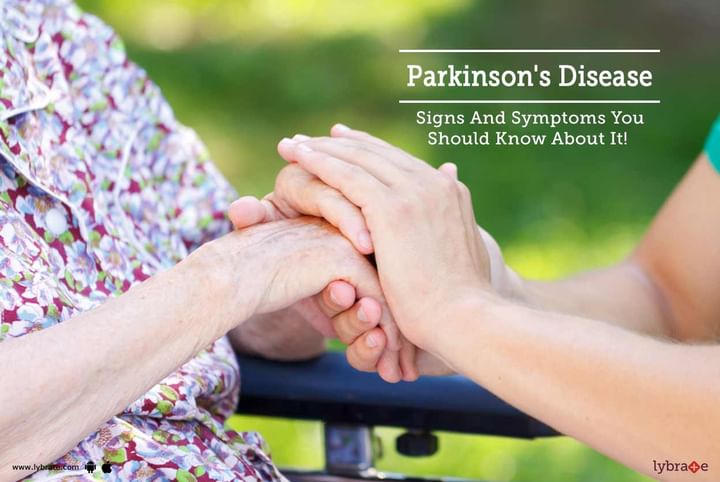Parkinson's Disease - Signs And Symptoms You Should Know About It!
Parkinson’s disease usually develops at a very slow rate and the early signs of this disease often go unnoticed. As the condition progresses, the symptoms become more prominent. Parkinson’s disease affects the nervous system and cannot be completely cured. However, with proper treatment, its rate of progression can be slowed and this condition can be managed. The earlier a diagnosis is made, the more effective treatment will be. Thus, it is important to be able to recognize the signs the symptoms of this disease.
The signs and symptoms of Parkinson’s disease vary from person to person. In most cases, symptoms begin on one side of the body and are worse on that side even after it begins to be noticed on the other side. These symptoms can include:
Tremors
Involuntary shaking of a part of the body is usually the first sign of Parkinson’s the hands are most affected by this symptom. These tremors can be felt while performing an activity or even when the hand is at rest. In some cases, it can even keep a person from performing normal tasks such as writing. Tremors caused by Parkinson’s can also take the form of an uncontrollable back and forth rubbing movement between the thumb and forefinger.
Slow Movements
This is also known as bradykinesia. As the disease progresses, it can slow down movement and reduce the person’s ability to move. Simple tasks such as walking can become more difficult and take much longer. The person’s steps may become shorter and they may also drag their feet as they walk. Parkinson’s patients may also find it difficult to get in and out of chairs.
Rigidity
Parkinson’s can make muscles stiff and difficult to move. This can affect the muscles of any part of the body. This rigidity can limit the person’s range of movement and make moving the affected muscles very painful.
Loss of certain movements
In addition to muscle rigidity, the person may not be able to make certain movements that we take for granted. For example, he or she may not be able to blink or smile. Swinging the arms while walking may also become more difficult.
Changes to speech
Parkinson’s can make a person speak slower and reduce his or her natural volume. The person’s speech may also sound slurred. In addition, they may find it difficult to speak with inflections due to which their speech may appear to be monotonic.
Imbalance
Parkinson’s may affect a person’s posture and balance. In many cases, Parkinson’s patients develop a stoop. The loss of balance can make climbing stairs difficult and cause them to fall easily. In case you have a concern or query you can always consult an expert & get answers to your questions!



+1.svg)
